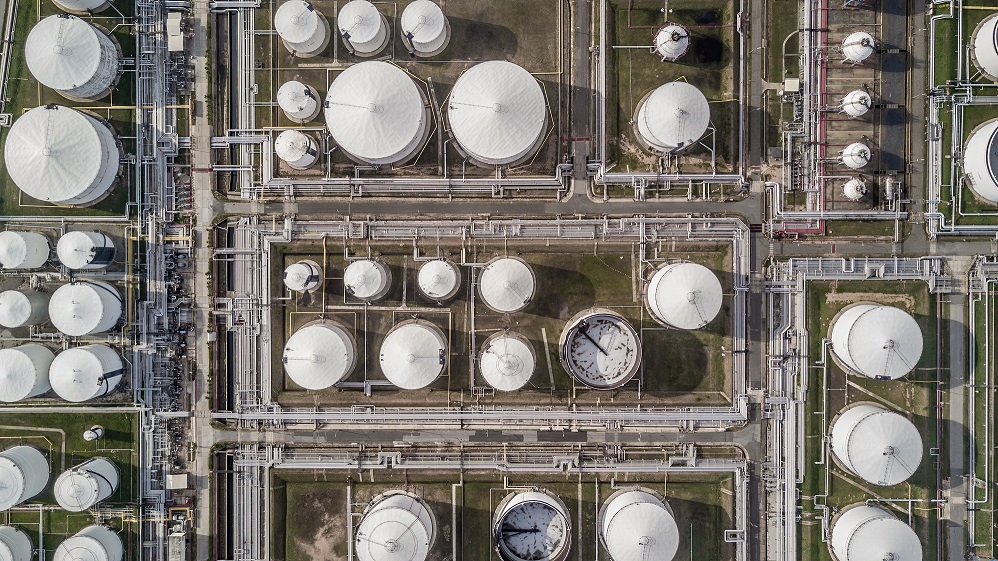There are many reasons that a product-owner elects to outsource product manufacturing to a toll or contract manufacturer:
- Cost effective: New specialty and custom chemical production facilities and equipment are expensive to build, operate and maintain. A low margin or low volume product may not support the capital investment in new facilities or new equipment required to manufacture that product.
- Knowledge and expertise: Specialty and custom chemical contract manufacturers tend to have
knowledge and expertise to transfer production processes used for both new and mature products. They have a great deal of experience transferring new product research and development processes to commercial-scale production equipment to bring the product to market faster. Additionally, manufacturing a wide array of products or specializing in niche products can create process improvement opportunities for both new products and mature products that the product-owner may not have developed. - Focus: Outsourcing production allows the product-owner to focus efforts and resources on product development, brand development and marketing, and sales and distribution. The contract manufacturer focuses on production and quality operations to deliver the product on time, in the proper amount and with the proper quality.
- Flexibility: The use of contract manufacturers and toll manufacturers provides the product-owner flexibility in how to effectively and efficiently use owner’s own production facilities by focusing and optimizing the production of higher-margin or more proprietary products or products for which they have the equipment, facilities, and expertise in-house to manufacture better than competitors. Even with all of these reasons to outsource manufacturing, using a contract or toll manufacturer in the specialty and custom chemical industry can be viewed as a quality and supply chain risk.
Product sponsors, toll manufacturers, and contract manufacturers can use equipment sourcing strategies to reduce risks. The product sponsors can expand the advantages of an outsourcing strategy while reducing the overall risk of outsourcing. Toll and contract manufacturers can win more projects with the ability to help product sponsors achieve their goals.
- Cost: Provide equipment solutions that reduce costs and prices to the product sponsor. The easiest way to accomplish this is to reduce the purchase price and lead time for equipment delivery. The product sponsor may be able to redeploy surplus equipment to the contract manufacturer at little to no cost other than removal, transportation, and re-install. Another strategy is to source used chemical manufacturing equipment from reputable dealers for a fraction of the purchase price and delivery lead times. Lower purchaser price means lower priced manufacturing services. Faster delivery times for equipment means it can be running sooner and delivering product faster. Alternatively, original equipment manufacturers (OEMs) may be able to refurbish used equipment to offer the same advantages while still saving on purchase price.
- Knowledge and expertise: Know the equipment marketplace. Know where you can source good, quality equipment from globally recognized OEMs that offer service and support in the geographic area where the production will take place. Low cost equipment can be purchased from a great deal of sources, but not all of them offer global service and support or the same finished quality for long-term production use. Used equipment dealers often keep an inventory of high-quality used equipment from the top OEM brands, visit them often to see what is available in the marketplace, the condition, and the approximate purchase costs.
- Focus: Procure low-cost, redundancies to avoid back-orders. Allow the product sponsor to maintain their focus on product development, sales, and marketing by not missing a delivery date or delivery quantity due to unplanned equipment downtime. Purchase and qualify low-cost back-up equipment to provide manufacturing redundancy without huge capital costs. Used equipment can often be sourced for a fraction of the price of new and purchased quickly if the need is urgent.
- Flexibility: Offer a wide range of equipment to meet proposed project needs. Know the equipment market to be able to quickly source and offer all the equipment needed for each project. If a project requires a specific piece of equipment not in the facility, know where you can source that equipment, quickly. Offer a complete response in the project proposal that includes the equipment you need and accurately priced without notable exceptions or estimates. Response time and a complete response matter when responding to a proposed contract manufacturing project. Reputable used equipment dealers are in the business of advertising the inventory they have available, but they often know where equipment may be available that is not in their inventory.
Equipment sourcing strategies can be used to effectively reduce costs and risks to outsourced manufacturing for the product-owner, or sponsor. Toll and contract manufacturers can use equipment sourcing strategies to reduce their capital equipment and infrastructure costs while adding significant value to their clients. Used equipment and used equipment dealers offer a significant opportunity to meet multiple risk-reduction and cost-saving needs for both the product owner and the contract manufacturer.
Visit Federal Equipment Company at booth #218 at the Specialty & Custom Chemicals America show, February 11-13, 2020 in Fort Worth, TX.
For more information on our presence at the show, click here.
About Federal Equipment Company:
Federal Equipment Company offers 60 years of expertise buying and selling chemical processing equipment. We optimize the value you recoup for surplus equipment, while making the removal process easy. And we ensure you get the equipment you need quickly when sourced from our broad, on-hand inventory of reliable used machines.
About the Author:
David Winger is a Vice President at Federal Equipment Company and has been with the company for over 23 years. Mr. Winger graduated from the University of Toledo with a Bachelor of Science degree in Communications. He is a certified equipment appraiser (CEA) through the AMEA. He has been married for over 23 yeras with two children and lives in the greater Cleveland, OH area.

